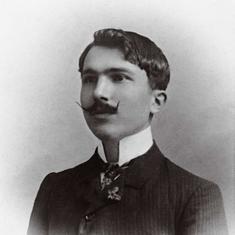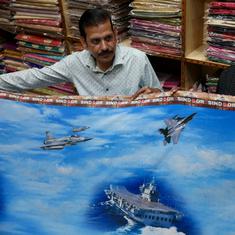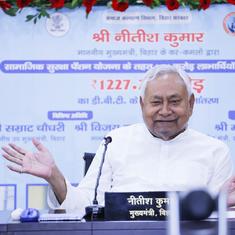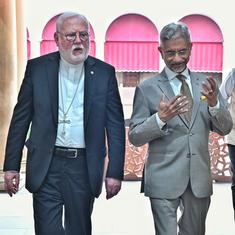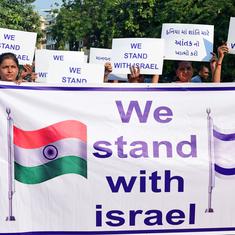Delhi court discharges three men in UAPA case against Indian Mujahideen
The three men who have been discharged are Manzer Imam, Ariz Khan and Abdul Wahid Siddibappa.

A Delhi court has discharged three men who were booked by the National Investigation Agency for allegedly being key operatives of terror group Indian Mujahideen, Live Law reported on Sunday.
The three men who have been discharged are Manzer Imam, Ariz Khan and Abdul Wahid Siddibappa. The National Investigation Agency had booked them under the Unlawful Activities (Prevention) Act.
Sidibappa worked as a driver in Dubai and has been in prison since 2016, while Imam was a former Students’ Islamic Movement of India member who was in prison since 2013. Khan has been sentenced to death in the 2008 Batla House murder case.
Additional Sessions Judge Shailender Malik, however, framed charges against 11 others – Danish Ansari, Mohammed Aftab Alam, Imran Khan, Syed Maqbool, Obaid Ur Rehman, Ahmad Siddibappa, Asaudullah Akhtar, Ujjair Ahmad, Tehsin Akhtar, Haider Ali and Zia Ur Rehman.
The National Investigation Agency registered the case in September 2012 against suspected members and modules of the terror outfit. It alleged that the accused persons were conspiring to carry out bomb blasts at prominent places across India.
According to the agency, the accused persons received support from Pakistan-based operatives and aimed to wage war against the Government of India.
The National Investigation Agency had alleged that Imam had been motivating several persons to join the Indian Mujahideen on religious lines to wage war against India, reported The Hindu. However, the court said that there was no evidence or witness statement showing that Imam was helping the cause of the Indian Mujahideen.
The agency had alleged that Siddibappa had channelised funds received from Indian Mujahideen operatives in Pakistan through hawala transactions to the terror outfit’s operations in India. The judge, however, noted that the witnesses produced by the agency were themselves involved in the hawala business.
“If their [witnesses] statement is taken on the face of it, maximum what comes in the judicial cognizance from these statements is that the accused was working as a driver with one of the witnesses who had a business of hawala transaction in Dubai and on certain occasions the accused had sent money through hawala to his wife at Bhatkal,” the order stated, according to The Hindu.
The court said that although sending money through hawala channels is illegal, it does not establish an offence under Section 17 of the UAPA, which deals with raising funds for terrorist activities.


